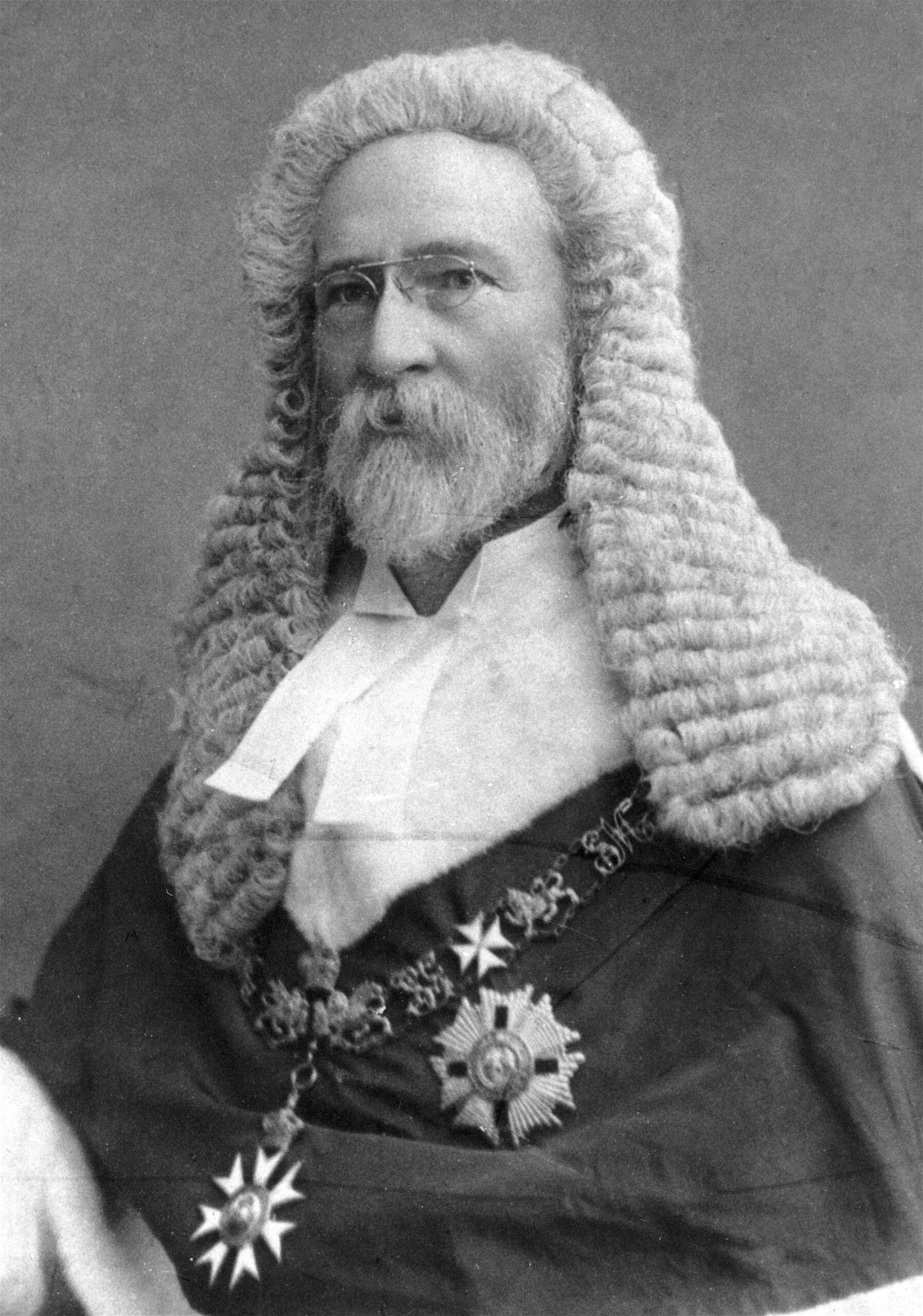The first strength of this referendum is that a vote for a constitutionally enshrined Voice will explicitly recognise Aboriginal and Torres Strait Islander peoples, in a way that should support but does not prevent any particular resolution of those difficult sovereignty questions, which on most analyses of contemporary politics, need more time to play out.
As the Uluru Statement from the Heart lays out, enshrining a formal Voice to Parliament is just one of three key elements. The Voice can then advise on the path to a federal Treaty, as a way of negotiating how Indigenous and Australian sovereignty should meet in the 21st century. And obviously the Voice can also support and guide the Truth-telling needed to overcome generations of misunderstanding, miseducation and, often, denial about key aspects of our colonial history, necessary to achieve and sustain that full political reconciliation.
The second strength of the Voice proposal is just as great, and even more immediate. A permanent, highest-level, national Indigenous representative body offers huge potential for boosting practical improvements in the policy decisions of government which affect Aboriginal and Torres Strait Islander people every single day. This was always the second challenge for constitutional recognition: how to make it more than simply a symbolic, or token gesture.
Symbolic or historical recognition of the reality of prior Aboriginal ownership – such as attempted in 1999 – is important but it is not enough. It’s clear that all Australians, and especially Indigenous citizens, also want a meaningful form of recognition which helps address the practical consequences of two centuries of colonialism, and the actual social, health, educational, economic and political needs of Aboriginal and Torres Strait Islander people today.
The Voice does this by offering a new platform for the type of engagement between governments and our first peoples that can deliver far better policy design and implementation, on a myriad of burning issues, than we have had for decades, if ever.
It can inform legislation and policy in a way that no representative body or agency has done before. It can cut through bureaucracy and offer solutions that will give influence and control back to Aboriginal and Islander people over decisions that affect them, in place of years of policies that are often mediocre at best, and failed or destructive at worst. It can draw attention to what works, and make it standard in what the Commonwealth Parliament and Government do, across the board.
And in keeping with the long-term scale of this task, and the rightful place of the first Australians in our Constitution, an enshrined Indigenous Voice to Parliament will be permanent. Not something that comes or goes with future parliaments or governments.




 Professor A J Brown
Professor A J Brown
